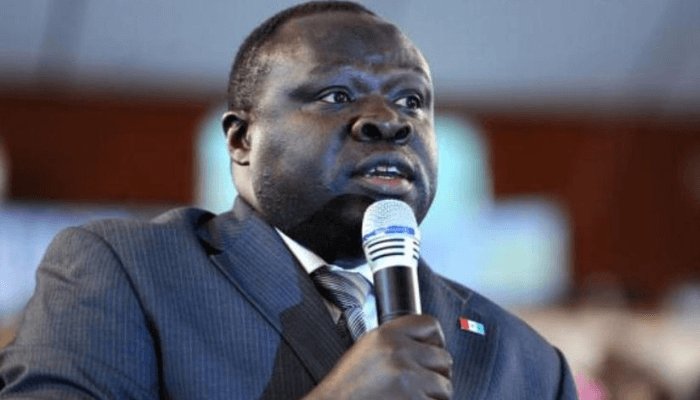Nigeria's High Commissioner for Rwanda, Christof Bazivamo, says his country is poised to strengthen bilateral relations with Nigeria through trade, aviation and information and communications technology (ICT).
Bajivamo was on Friday night in Abuja, with the theme of the 31st anniversary of Rwanda's Liberation Day (also known as Kwibohora).
The Nigerian News Agency (NAN) reports that the event is held every year on July 4th, and that about 1 million people have been killed in commemoration of the end of the 100-day Rwandan genocide in 1994.
Bajivamo emphasized that strengthening trade cooperation between Rwanda and Nigeria is a catalyst for strengthening their bilateral relations, economic growth and development.
Bajivamo also revealed that Rwanda will soon establish a double tax avoidance agreement with Nigeria and expand its investment venture between the two countries.
Also Read: Breaking Barriers and Building Markets: New Trade Vision in West Africa
“Rwanda is fully committed to working closely with Nigeria to cultivate a prosperous economic environment that benefits both countries.
“Trade can function as a thrust of any economy, creating opportunities and increasing the happiness of our citizens by deepening the links of trade,” he said.
The envoy said Rwanda will also deepen its partnership with Nigeria across other sectors, including aviation and digital innovation.
According to him, such efforts are aimed not only to strengthen bilateral relations between the two countries, but also to collectively shape a prosperous Africa.
He said Rwanda is currently working diligently to promote seamless connectivity between Rwanda and Nigeria through cooperation in the aviation sector.
He said the aviation sector plays an important role in enhancing business activities and tourism in both countries.
Bajivamo also highlighted the benefits of investment in ICT partnerships between the two countries, adding that it cannot be overemphasized the potential of ICTs to promote innovation and economic transformation.
The High Commissioner also highlighted Rwanda's commitment to regional stability, implying as evidence Rwanda's recent peace agreement with the Democratic Republic of the Congo.
He attributed Rwanda's record-breaking achievements and advances in a variety of areas, including technology, gender equality and economic growth, to “deliberate choice and unified national purpose.”
Also Read: Australia – Nigerian alumni seek gender equality, stronger trade ties and local empowerment
Bajivamo also described Rwanda's Vision 2050 as a strategic framework focusing on inclusion, sustainability and innovation.
He says it aims to attack Rwanda by 2045 on a middle-income position and a high-income knowledge-based economy by 2050.
“This vision is not merely ambitious, but rooted in a clear plan designed to benefit all Rwandan citizens,” the envoy added.
Nan reports that although Rwanda's official Independence Day from Belgium is July 1st, Kwibohola is important as it symbolizes Rwanda's journey to revitalization, unity and post-genocide healing and reconstruction.
Kwibokhora celebrations, including patriotic, cultural events and military parades, aim to celebrate the sacrifices of those who fought for freedom and reflect the progress achieved since liberation.
It commemorates the defeat of the Hutu-led regime by Rwanda's Patriotic Front (RPF) during the civil war, which marks the end of the genocide and that 93% of the victims are ethnic Tutsi.



